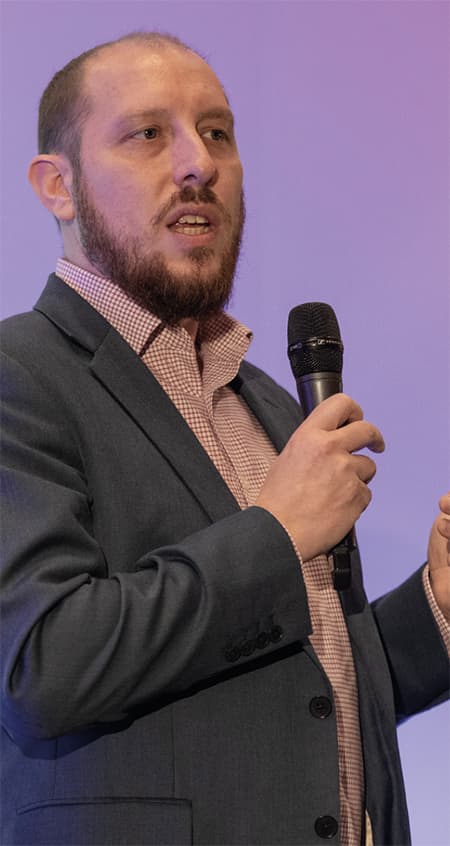Government backs level 4 apprenticeship
18th December 2018 | Journal Of Sales Transformation
Some 10,000 new level-4 apprentices could soon be joining the UK sales profession every year. That’s the view of Association of Professional Sales joint CEO, Ben Turner. He told the Journal: ”There is no reason why not; there’s not been an employer of any size that has looked at this and said ‘having professionally qualified apprentices in sales is a bad idea.’”
The APS is encouraging companies to make the most of apprenticeship levy money by employing their own apprentices following government approval of a level-4 apprenticeship for frontline sales executives, announced on 8 November 2018.

Ben Turner: “More qualified salespeople than ever before in the UK.” Ⓒ Nick de Cent
World leaders
The new programme holds out the promise of making the UK world leaders in producing professional, qualified salespeople. The APS has agreed the qualification’s shape, skills and funding with the government, following input from the wider profession including industry and training providers.
Qualified salespeople
The APS is hailing the initiative as a major boost for the UK sales profession. Turner added: “The overarching success of this is that there will be more qualified salespeople than ever before in the UK. We will have the most engaged, most qualified salesforce to help build British businesses.”
Each 18-month apprenticeship programme will cost £6,000, but employers will be able to pay that from the apprenticeship levy which was set up by the government in April 2017. Apprentices will be trained in the fundamental skills of selling to make sure they are business ready. To ensure they receive a rounded, commercial education they will also focus on key topics such as business acumen and digital selling strategies.
Level-4 apprentices who participate in courses through training centres recognised by the APS will be admitted as members of the APS and will receive qualifications awarded by the APS.
Lengthy process
The approval process has been a lengthy journey. The first stage – agreeing the qualification standard – was confirmed at the end of 2017, with the funding band for the programme signed off a year later.

